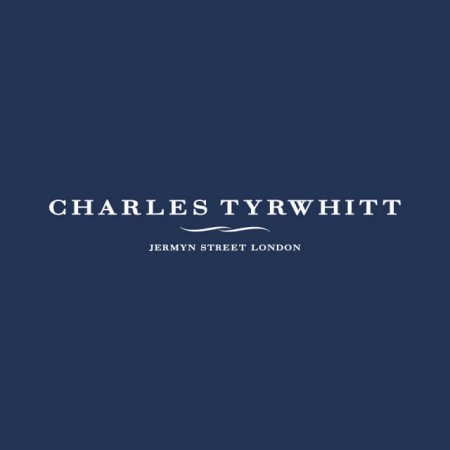Jermyn Street Shops
Jermyn Street is renowned for its high-end men’s clothing stores, many of them have been in business for several decades and have gained a reputation for their excellent quality and craftsmanship. Visitors can find many men’s fashion items, including bespoke suits, ready-to-wear clothing, and luxury grooming products.
Jermyn Street London
Originally a strictly residential area, Mayfair’s Jermyn Street is one of the most refined shopping streets in the West End. Just a few minute’s walk from Savile Row, the two are harmonious, with this street providing the shirtmakers with the other’s bespoke suits.
The street is named after Henry Jermyn, an Earl and Ambassador to Paris and The Hague in the 17th century. He was tasked with transforming St James’ field, then undeveloped land owned by King Charles II, into housing. The area, now known as King Street, Charles Street, Duke Street, and York Street, became a popular and thriving area and helped to make the West End of London what it is today. Jermyn would sadly not live to see the adjoining street named after him, despite laying the surrounding foundations for it.
Before becoming the retail destination it is today, famous names to have lived at the address include Sir Isaac Newton, politician William Pitt and satirical writer W.M. Thackray. The modern-day street you’ll see features a typically London-like mix of architectural styles resulting from changes and developments over the years, from original 17th-century buildings to the Regency style that dominates the neighbourhood and modern shop fronts. While the street is renowned for its bespoke menswear, other businesses include restaurants, cafes, art galleries, and the famous Fortnum & Mason department store.
A tribute to London’s most heralded male style icon, Beau Brummell, can be found on the street. A statue depicting the ‘original dandy’ lies at the west end of the street, signifying Brummell’s impact on the world of fashion and Jermyn Street’s association with dressing the most dapper men.
Set back just one street behind Piccadilly, the street is just moments from the hustle and bustle of some of London’s most visited areas, and yet, it’s noticeably quieter. The perfect spot for a relaxed day of shopping and exploring this historic neighbourhood.























